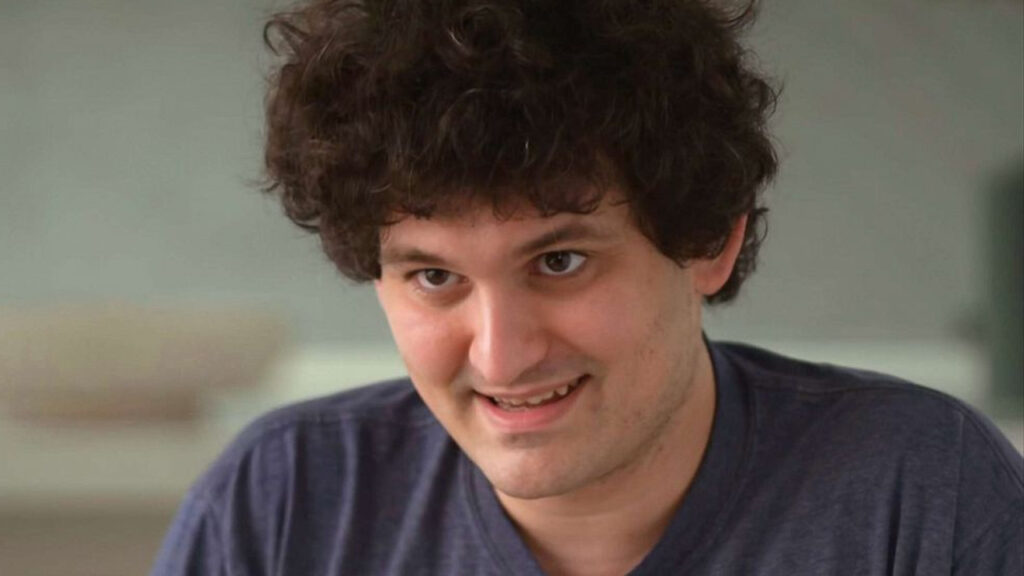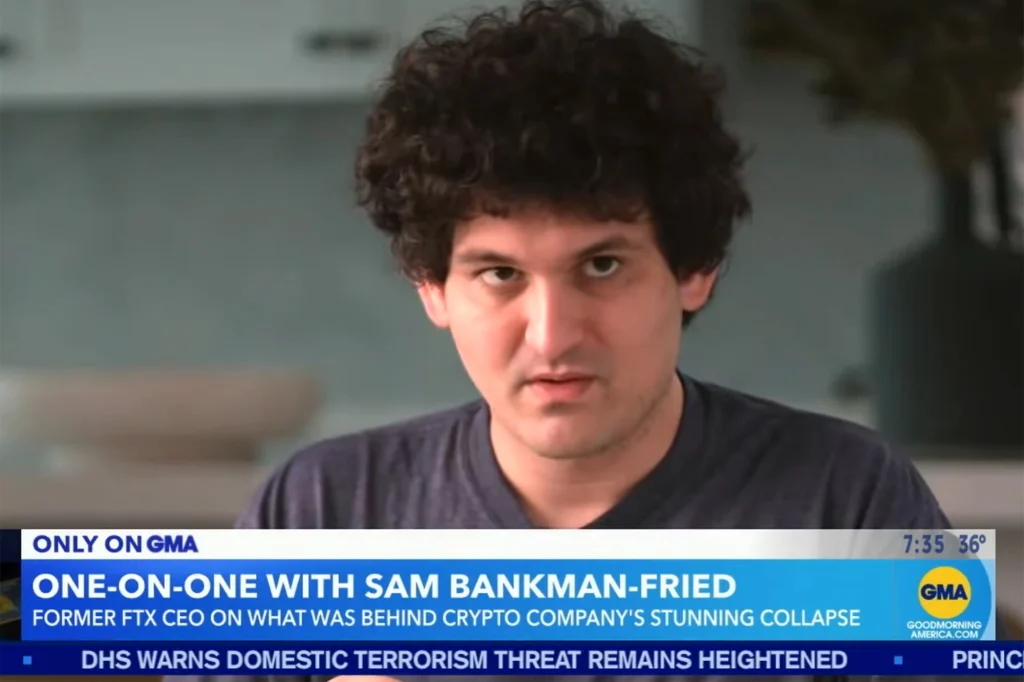Sam Bankman-Fried, founder of FTX, has spoken publicly and uncensored about everything that happened with his crypto company. On very few occasions, a founder in the middle of a serious crisis shows up before the media.
He has been through the unthinkable. A founder of a startup at the center of the hurricane of the crisis with his bankrupt company has given an interview and has opened up to the world. Sam Bankman-Fried, founder of FTX, spoke at The New York Times annual DealBook conference. And unlike others, he has spoken. And a lot. “I don’t see what’s accomplished if I feel like I’m locked in a room, pretending the outside world doesn’t exist,” he said. Something that his lawyers may not like too much – the new ones, since the first ones abandoned due to the extreme verbiage of the founder on Twitter – in the middle of the investigation by the SEC and the United States Department of Justice.
“I never tried to commit fraud,” the FTX founder remarked to the public, “I was surprised by what happened this month,” which has definitely been “a bad month.” A succession of events that began with the fall in the value of cryptocurrencies and with debts to lenders. At which time FTX began to provide funds to Alameda – another of Sam Bankman-Fried’s companies – to meet the outstanding payments. The bomb exploded when FTX clients began exchanging their funds, ones that did not exist. The solvency crisis was served and the expansive wave raised. BlockFi has already declared bankruptcy as a result of the fall of FTX and Genesis has explored the possibility. Many others are suffering from the sector’s credibility crisis.

Faced with this situation, Sam Bankman-Fried claimed in the interview that “the funds were not mixed knowingly” or, at least, not with the intention with which he has finally led FTX to bankruptcy. The founder’s response was summed up in that they tried something and it ended up failing miserably: “That was the risk.”
It was the perfect time to ask about the FTX scandal, peppered with all sorts of stories of drugs, sex, malpractice, and non-existent accounts. Sam Bankman-Fried himself assumes any future blame that may come upon his business. He spoke specifically about the decision making in the transfer of funds between FTX and Alameda: ones that, he commented, were 100% in his charge. Or that, at least, they were not delegated to anyone in particular. And although it is something that the SEC and the Department of Justice will have to investigate, one of the peculiarities of the cryptocurrency company is that it lacked a board of directors. Sam Bankman-Fried had power over all decisions.
Did Sam Bankman-Fried tell the truth? That is yet to be seen. While he takes the blame, halfway, for the transfer of funds, he pointed to an important piece of information: he was unaware of most of the operation of his own business. As well as many points of what went wrong and ended up bankrupting FTX. And with it, the loss of millions to many users of the platform. “There have been examples of this in the history of cryptocurrencies,” he alleged.

Residing at this time in the Bahamas, Bankman was asked precisely about his stay there. Is he on the run from the US authorities? The founder points out that his motivations are not those and he could well return to the country in a short space of time. Something that, in any case, he has not planned, although “nothing is being considered about criminal responsibilities” at the moment. With him, he explains, about 100,000 euros in his account and only one credit card, Bankman says he has little room for maneuver in financial terms.
And despite everything, the founder of FTX gives the go-ahead to journalists
Everything about Sam Bankman-Fried is unlike anything seen before. The life and works of the founder at the hands of FTX is being documented and followed to the millimeter. It is the typical scandal of the bad children of startups that usually appears on the covers. The one that marks the continuation of Elizabeth Holmes from Theranos or Adam Newmann with WeWork.
Everyone might think that the press’s view of him is not entirely positive. However, the founder had good words for the sector. He did the interview because he loves good journalism, he explained, knowing that the rest of his colleagues in the sector do not like journalists specialized in technology companies.
Known for several investments in the press sector, the founder of FTX assumes that now it is his turn to take the bad part of the story. Something he thinks is “healthy.” He spoke about the case of Vox, the North American medium, in which an unauthorized interview was published through a private Twitter message that did not leave the founder in a good place. Despite everything, he assumes the role of him in the media today.

